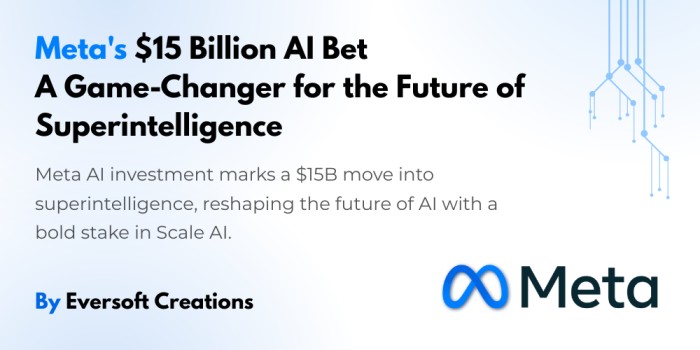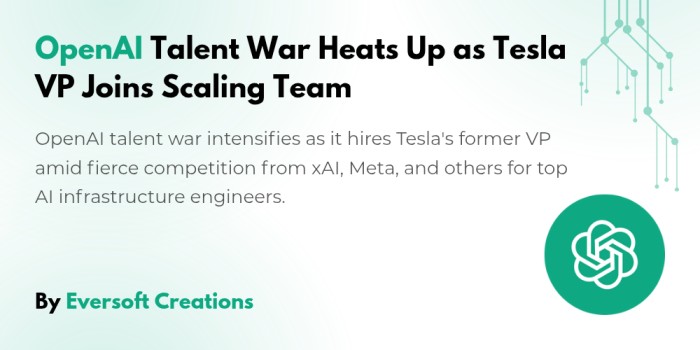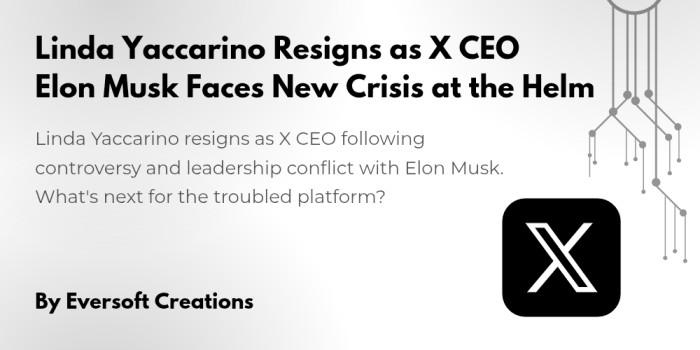The mere fact that meta has invested at least 15 billion in AI has completely altered the entire technology sector moving towards the development of superintelligence. The move is strategic in that it is a 49 percent ownership of Scale AI, one of the most powerful data labeling companies in the globe because the company is directly involved in training highly powerful machine learning models. The main search term Meta AI investment is not just a title, it is an evident sign of what the future of artificial intelligence is going to be.
Why Meta AI Investment is Making Headlines
The gigantic marketing by Meta plans to put it at the forefront of the competition to superintelligence and AGI (Artificial General Intelligence). Having several failures with its metaverse and previous Llama model trials, the company is now betting big on AI features. This is not a financial investment, it is a strategic change. Here they are bringing on board some of the most talented persons in the field of AI and gaining control over vital infrastructure in the machine learning chain.
Scale AI is one of the most important sources of AI development, clean, annotated data, and, in investing in Scale AI, Meta will have first dibs on this resource. Data labeling is one of the most neglected parts in the production of high-performing large language models (LLMs). These new dealings with Meta might be able to change the existing position of Scale AI and OpenAI as they used to collaborate with Google in the past.
What is Scale AI and Why is it Important?
Scale AI is an American company based in San Francisco that focuses on high quality annotated data to train AI models. At its initial stage, the startup was created by Alexandr Wang, who managed to put his company in the spotlight almost immediately due to providing data-labeling solutions applicable in various spheres, including autonomous cars and natural language processing.
With the current trend of AI, the ability to process and train on huge volumes of organized data is a competitive benefit. The platform and workforce of Scale AI has been assisting in enabling models of some technology giants. Other companies are now scurrying to find other alternatives since Meta has a near-majority stake.
Superintelligence: Meta’s Long-Term AI Vision
It is not the only way that AI investment makes meta. Mark Zuckerberg, the Meta CEO, has repeatedly said that the company hopes to develop superintelligent systems or AI, systems that can reason, plan, and solve problems at a superior intelligence level than humans. The new path already involves Alexandr Wang himself who will now head the internal Meta team known as Superintelligence.
As Meta is repositioning itself with more than 50 elite researchers reported to the team, it is now to take on extensive head-to-head competition with OpenAI, Google DeepMind, and Anthropic. This proves to be a major step, more so when the global race towards achieving AGI shows no signs of slowing down.
The Ethical and Labor Implications
Even though the Meta AI investment can be considered as a masterstroke of strategy, it still raises some questions about the ethics of labor. Scale AI is highly dependent on the workforce of the gig economy to do data labeling work. Such workers do not have much job security, also being underpaid and overworked. It is a multi-billion dollar money machine, which enriches the people at the top and the stakeholders but leaves the rest of the most important workforce behind.
There is also a sound issued by the tech analysts regarding the monopoly nature of this investment. By taking a disproportionately big share in training data infrastructure, Meta may appear to introduce the unequal conditions, suppressing innovation to smaller AI start-ups.
How Rivals Like Google and OpenAI Are Responding
Naturally, the industry has responded promptly to it. With the enthusiasm of relationship with Scale AI, Google already terminated it, and other companies are examining the options of other labeling facilities, such as Appen, Snorkel, and Turing. OpenAI, however, appears to be keeping its partnership with Scale, at least at this point.
This action can also fuel the competing businesses in the need to establish their own data labeling departments or even acquire smaller companies offering such services. The Meta AI case study has succeeded in redefining the AI supply chain that has made data labeling a business frontier.
Related News on Meta’s India Strategy
Meta has not been left out in another important piece of news, having recently hired Arun Srinivas as a new India Head. The justification of this step is the global AI strategy of the company, as by taking such a step the company can better control the region and to be a leader in the region in one of the largest markets of the world in terms of the internet usage. To know further on how the appointment is in parallel with the overall business interests of Meta, read our elaborate article on Meta Appoints Arun Srinivas as New India Head.
Meta AI Investment and the Future of Data Infrastructure
The acquisition of Meta is not a trend, it is a jump into having control of the ecosystem that nourishes AI. Having hardware (AI chips of its own design, Meta), to software (Llama and other Meta-created models), and now data (with Scale AI), Meta is attempting to create a complete AI development pipeline. Such vertical integration is the reflection of similar strategies in the Tesla manufacturing or Apple ecosystem.
That allows Meta to enjoy unlimited control over the efficacy of AI, its accuracy, and rate of innovation. In the future, Meta will not only have products that are run on AI but also will provide AI infrastructure as a service to other firms.
Research and Development in Superintelligence
Meta is inserting a large amount of this investment through sophisticated R&D. This includes:
- Creating designing neural architecture search algorithms.
- Strengths of the multimodal abilities (vision + language).
- Enhancement of reinforcement learning programs.
- This looks into long-term memory in LLMs.
Such research fields are very necessary to develop systems that are able to reason and plan in a synthesized and better way than human beings.
Challenges Ahead for Meta
Even with the positive perspective, there are a number of setbacks Meta will have to overcome:
- Talent Retention: Once the talent is obtained via Scale AI, it shall be crucial to retain the talent as there will be an increased need to have the best AI researchers.
- Regulatory Oversight: The deal will be subject to the cross-examination by governments with regard to labor and anti-trust laws.
- Public Trust: As people get more and more suspicious about preserving data privacy and AI ethicality, Meta has to balance on a tightrope.
The Broader Impact on the AI Industry
The investment by Meta is most likely to have a domino effect. The competition among other large players will only increase their own investments in AI infrastructure and we may expect an increase in acquisition, newly formed partnerships, and serious talent hunting. Unless the small and middle-sized companies shift gears, they may not be as competitive.
Such a step also pushes the demand of what it requires to breakthrough into the AI domain. Good model is not only good anymore, it has to have full control over its data pipeline, huge computing power, and best, not second-best talents.
Conclusion: A Bold Move with Global Implications
This Meta AI investment is not an educated guess, this is a blueprint of Artificial Intelligence’s future. With its acquisition of a near majority stake in Scale AI, Meta has placed itself in a good strategic position to conquer the future world of super intelligence. Out of regional leadership in India to global R & D centers, each fragment of puzzle is falling in place.
This is a time to be closely watched by tech professionals, investors and AI researchers. The decisions that Meta is making will determine the race and direction of a decade of AI whether it succeeds or fails.
Visit Eversoft Creations for more tech related updates.



